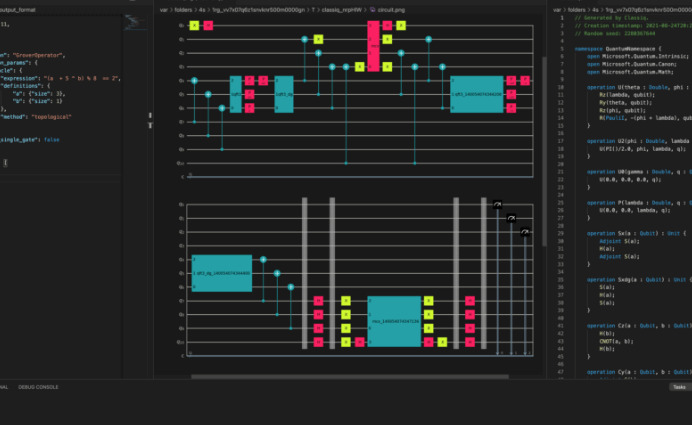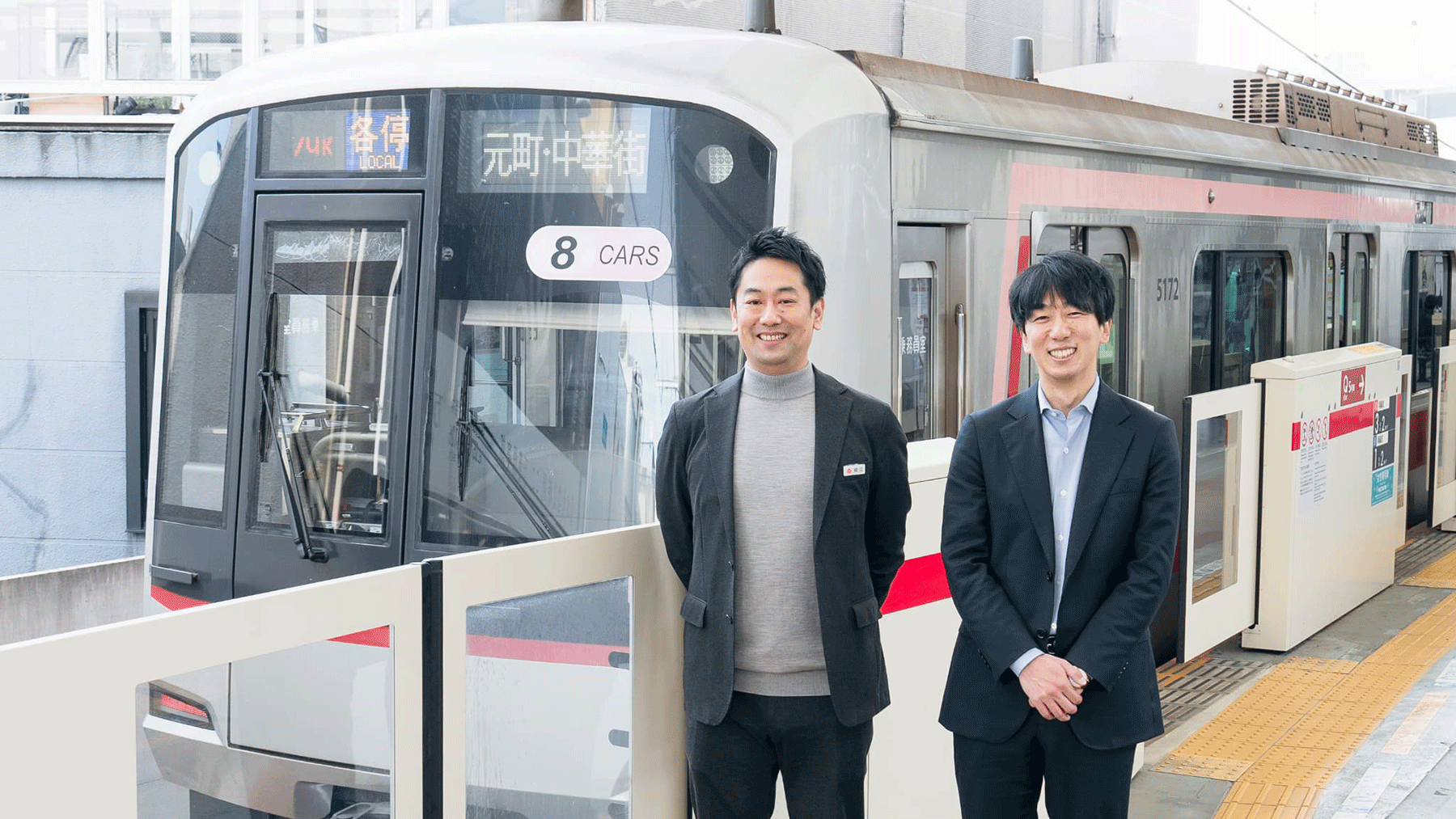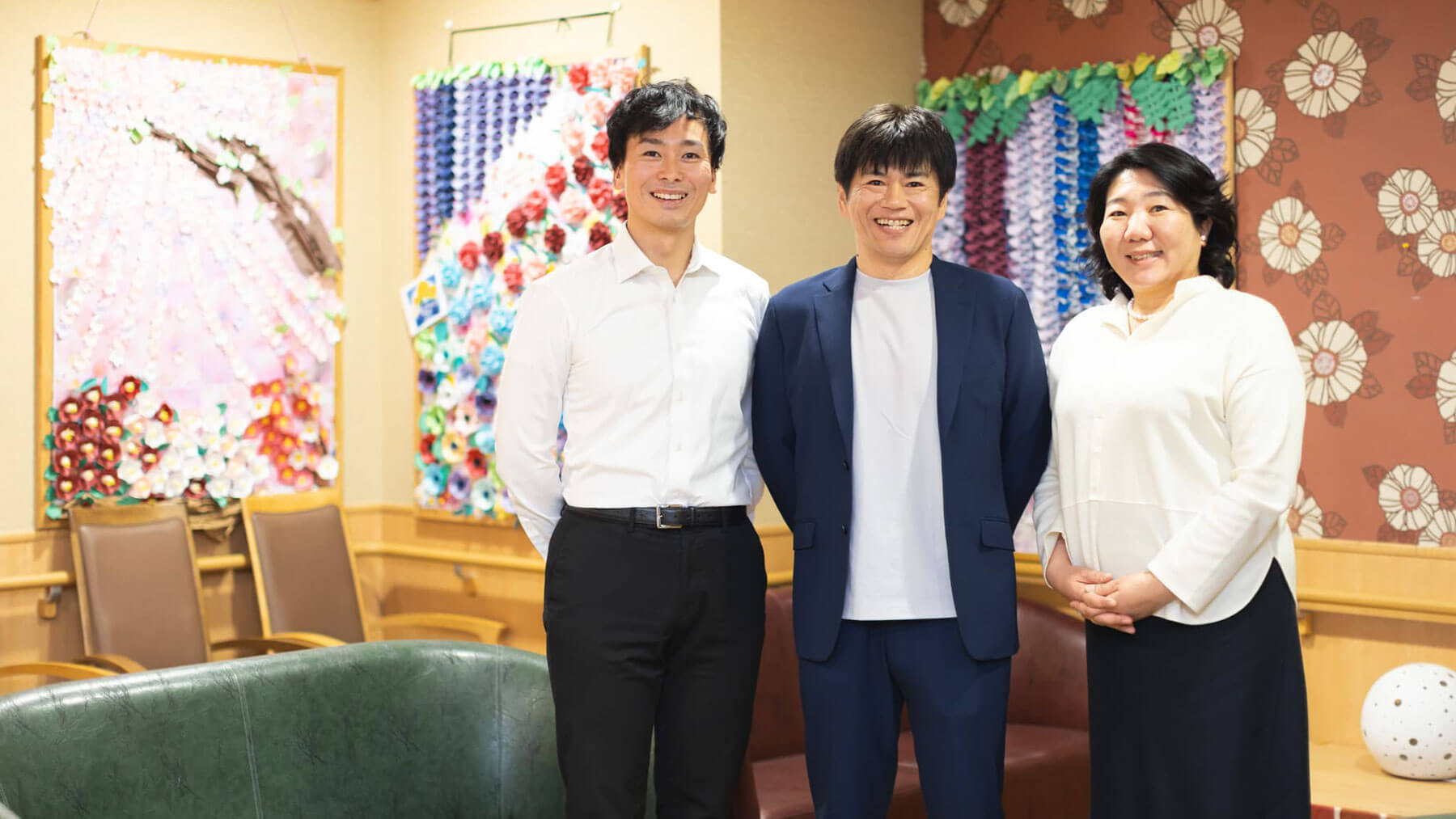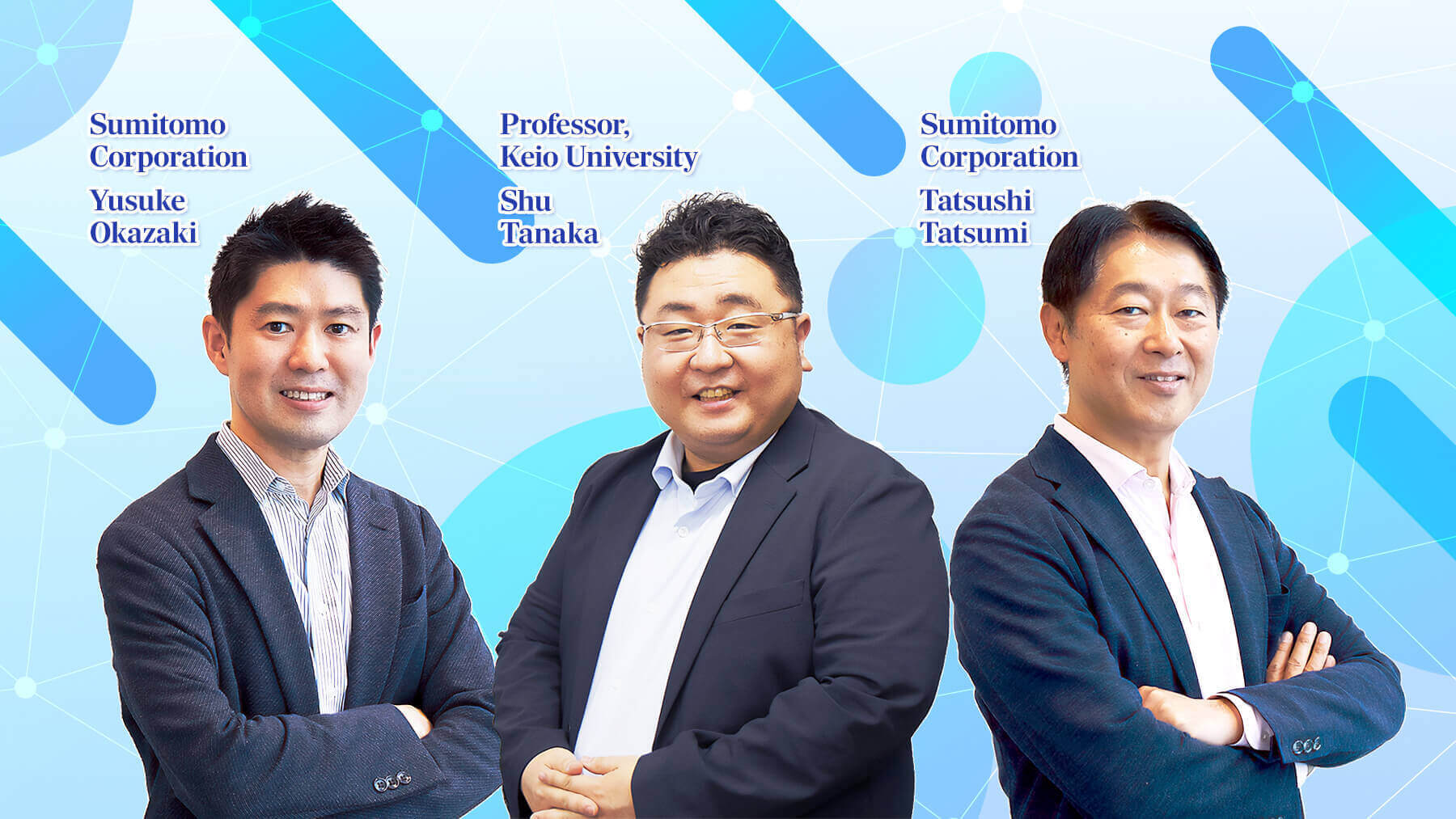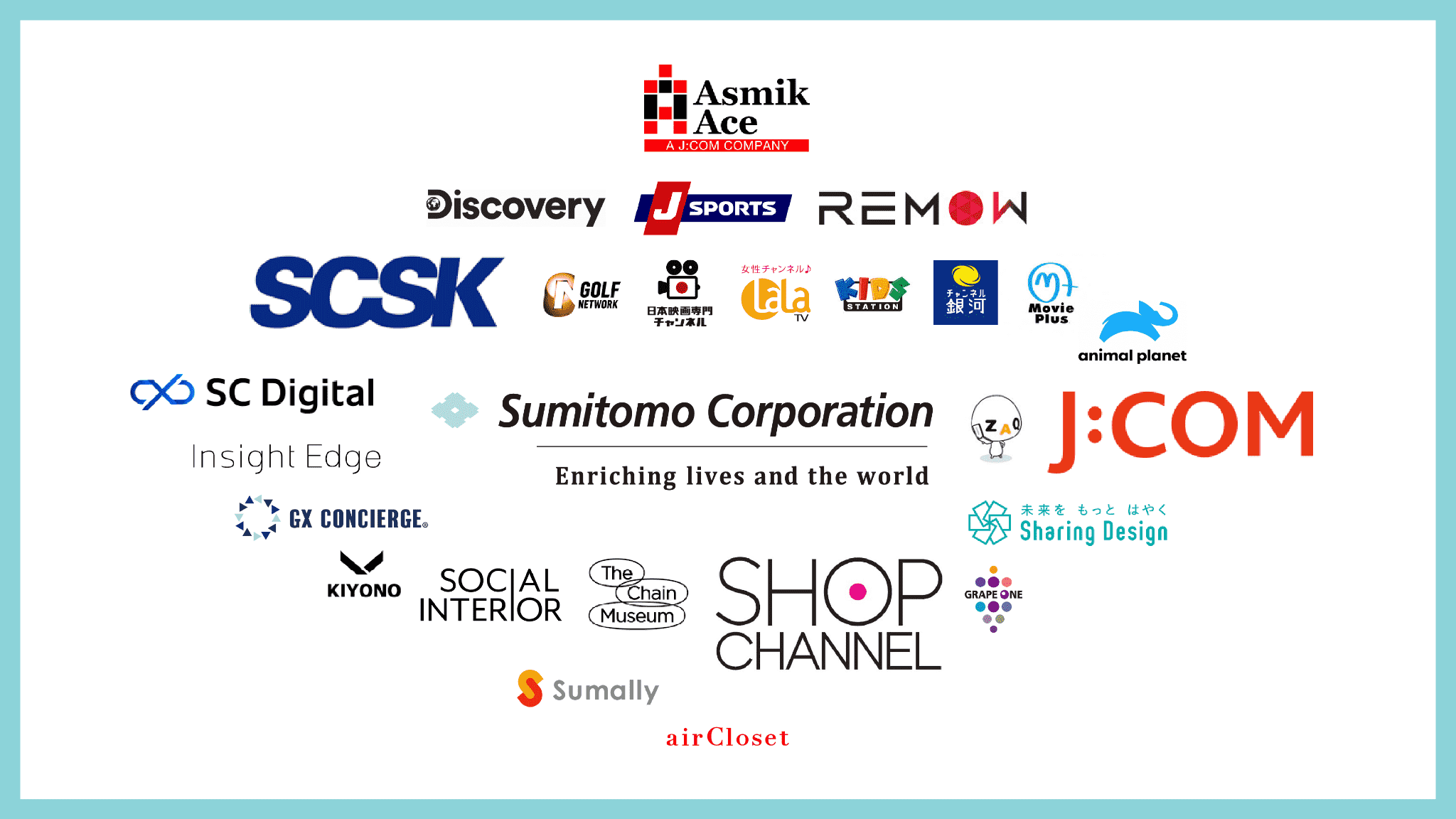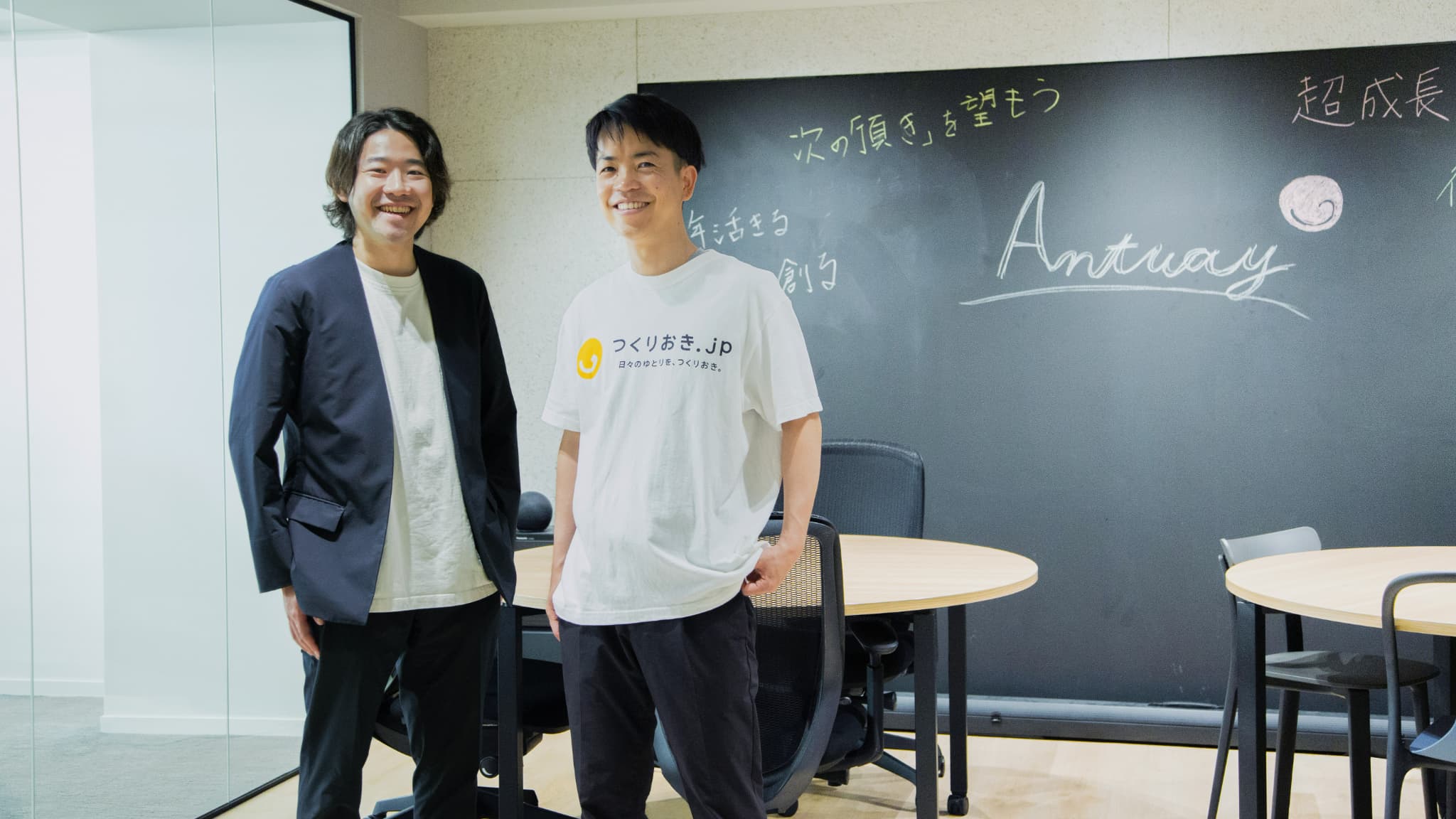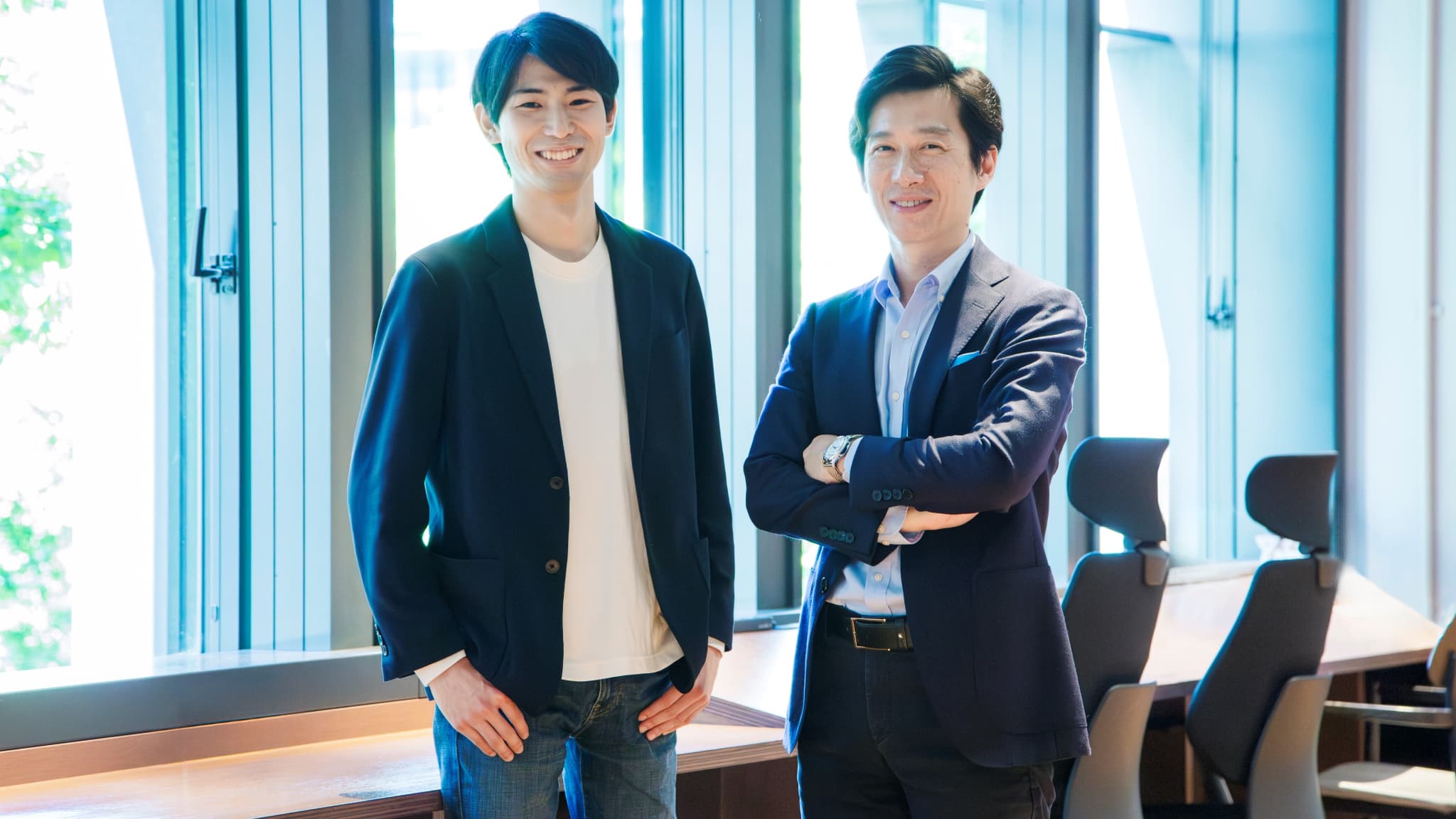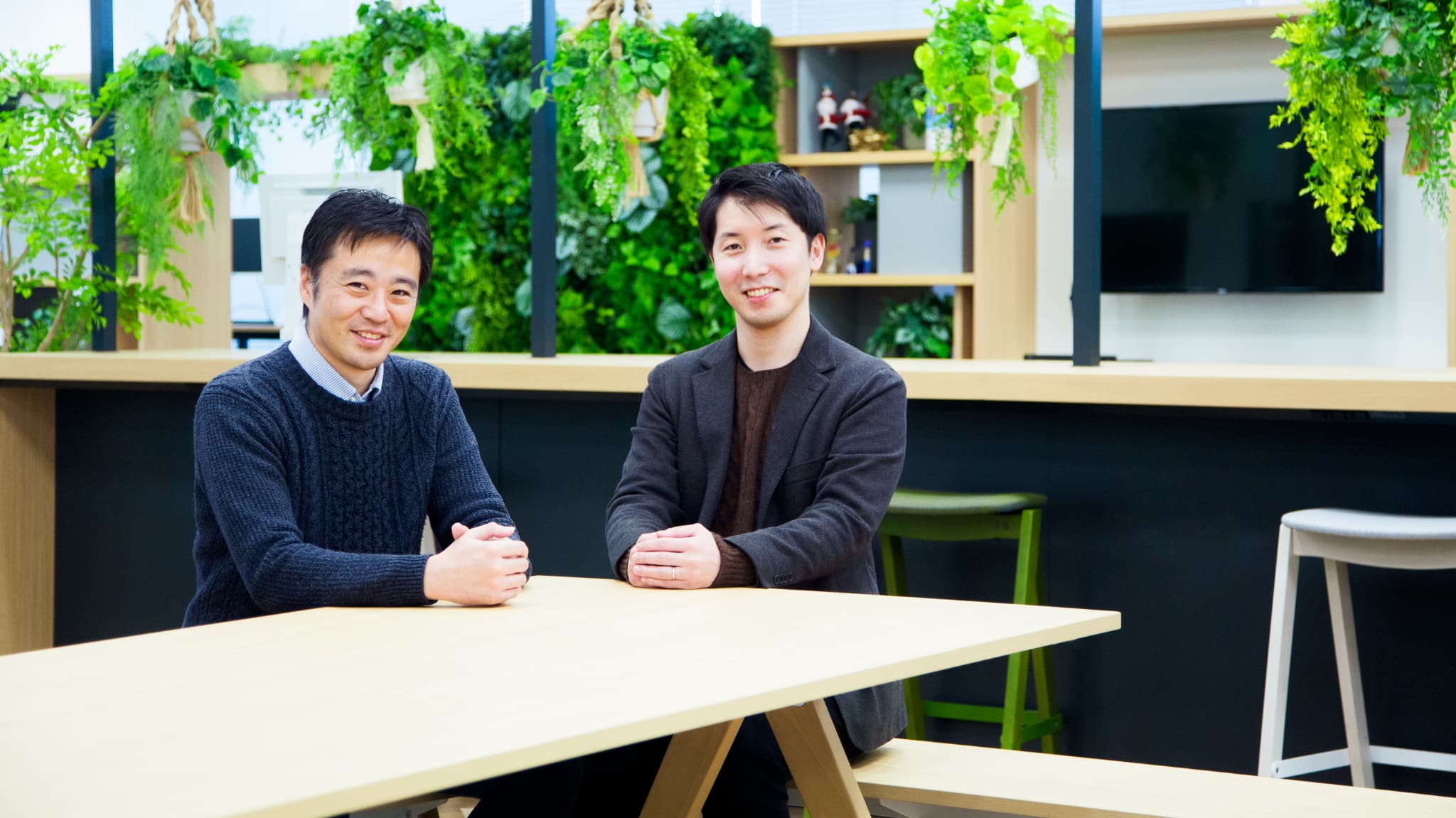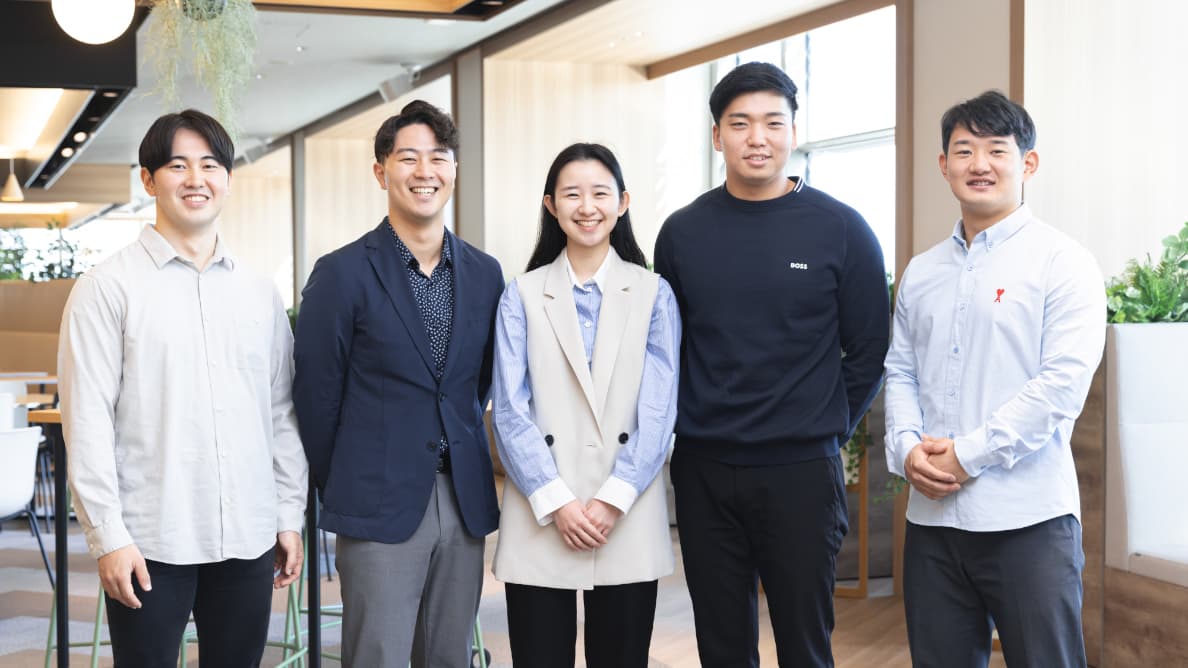
- TOP
- Enriching+TOP
- Searching for the Next Big Thing in the Land of Startups
2023.10.2
Business
Searching for the Next Big Thing in the Land of Startups

Israel is known as “The Startup Nation” for good reason. With a population of approximately 9.5 million people and approximately 6,000 companies in a land area the size of the small island of Shikoku in Japan, Israel is attracting the attention of global companies as one of the world’s leading startup centers.
IN Venture, the Corporate Venture Capital (CVC) arm of Sumitomo Corporation in Israel, was established in June 2019 to invest in deep technology startups with the potential to make a global impact, and thereby transform Sumitomo Corporation’s diverse business activities. In this issue, we interview four key people at IN Venture.
This content was originally published in March 2023.
-

IN Venture team
Eitan Naor
-
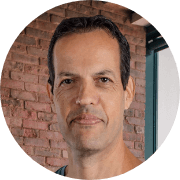
IN Venture team
Eyal Rosner
-

IN Venture team
Naoya “Nick” Uchimura
-

IN Venture team
Hiroyuki “Roy” Takata

- Necessity as a driver of innovation
- From “The Startup Nation” to “The Scale-Up Nation”
- Building trust and delivering value through Sumitomo Corporation Group’s expertise
- A huge startup ecosystem compressed into a tiny area
- Plans for the future: Higher, Faster, Stronger
- Some of IN Venture’s investees
Necessity as a driver of innovation
First, we must begin with a question: Why are there such a
large number of startups in such a small country?
If
necessity is the mother of invention, then perhaps it is
understandable that Israel has become so innovative.
Israel is a small, semi-arid country that lacks many
essential natural resources. Water, food, and energy have
always been in short supply. It has also had many
conflicts with neighboring countries over the years,
meaning that further resources have been diverted for
defensive purposes. As a result, the Israeli people are
adept at doing more with less and making the resources
that they do have last longer. They develop innovative
solutions and create their own culture.
“I think Israel’s sustainability story started a long time ago,” says Eyal Rosner. “For example, we’ve been heating water using solar power for 50 years already. We also invented drip irrigation, which allows you to grow more crops with minimal water. Israel is also the leading country in the world in desalination. By overcoming all these obstacles and challenges, I think we’ve grown into a nation that rewards problem solvers who look for innovative solutions in a sustainable way, and the government also supports them.”
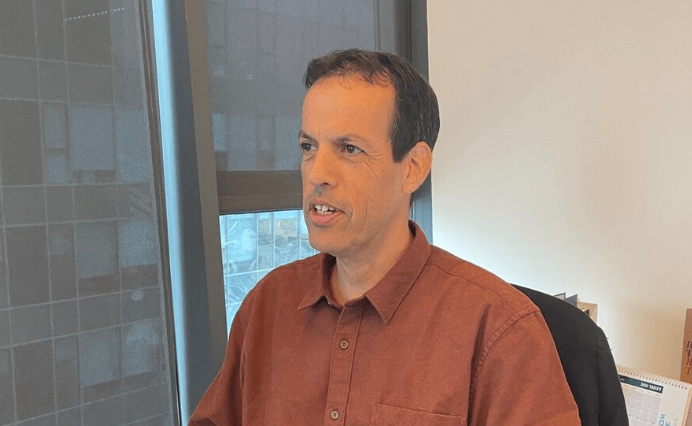
From “The Startup Nation” to “The Scale-Up Nation”
As an example of problem-solving, you need look no further than the COVID-19 pandemic. When the pandemic struck in February 2020, only half a year after IN Venture was founded, it had a huge disruptive effect on global business. International travel stalled, companies shifted to remote working, and investors in the venture capital (VC) industry became far more cautious. The Israeli people, however, are well-practiced at using technology to deal with crises. The government was quick to launch a vaccination program and the population was quick to embrace it. As a result, Israel was one of the first countries to get back to business as usual. In fact, not only did it recover, it thrived as the COVID-19 pandemic accelerated the digital transformation. That is, with more people working from home, there was a boom in Internet and data usage. That meant a greater demand for bandwidth and energy, as well as for services such as cybersecurity. Most significantly, it removed barriers by pushing a great deal of sales and business transactions online. With distance no longer an issue, Israeli startups could compete with large international companies on a more level playing field. Many of them multiplied their revenue streams hundreds of times over in a period of two to three years. The number of unicorns (companies valued at over US$1 billion) continues to increase. What was once known as “the startup nation” had become “the scale-up nation.”
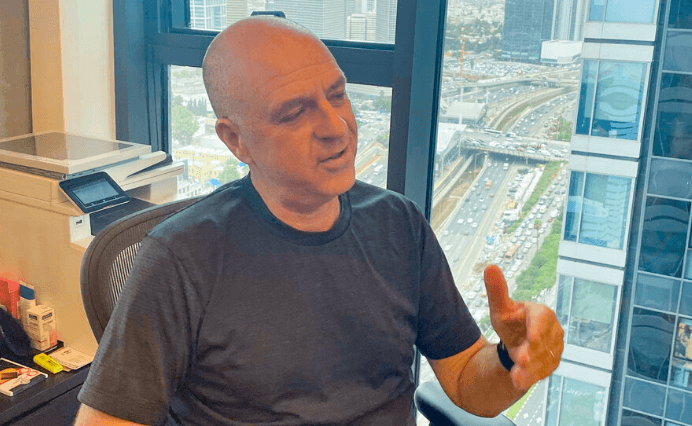
Building trust and delivering value through Sumitomo Corporation Group’s expertise
“It’s a well-known phenomenon that Israel does not have a large market of its own,” explains Eitan Naor. “Unlike in the U.S., where most startups first want to corner the domestic market, startups in Israel are looking at the international market from the start. However, their first preference is to go west to the U.S. or Europe. So how do you get them to think about going east, to Japan and other countries where Sumitomo Corporation has significant business? That’s our role at IN Venture. If we can build trust and deliver value through our connections to SC’s business, then it will be easier to get better deals and to get more influential entrepreneurs to look at SC and Japan as a target market.”
However, building trust requires first getting a foot in the door. The Israeli startup market is very difficult to break into without insider connections. For that reason, IN Venture was founded with a hybrid team. Hiroyuki “Roy” Takata explains, “In comparison to other CVC operations within SC, which are led by Japanese expats, IN Venture is unique in that we have two Israeli managing partners. Before the establishment of IN Venture, SC did not have a large presence in Israel. Having Israeli managing partners with an established network and deep knowledge of the local business ecosystem has helped immensely in terms of increasing our presence in a short period of time.”
After IN Venture invests in a startup, Eitan and Eyal join the company as board members in order to expedite collaboration and add value using the SC Group’s expertise. In simple cases, the startup’s solution or product can be exported directly and sold in Japan and other Asian countries. However, in other cases, the solution is combined with SC Groups’ existing products to create completely new businesses in the mobility, energy, healthcare, and agriculture domains. If IN Venture is perceived as a desirable strategic partner that can bring value to startups, then entrepreneurs and other venture capitalists will be more likely to invite it to become a co-investor.
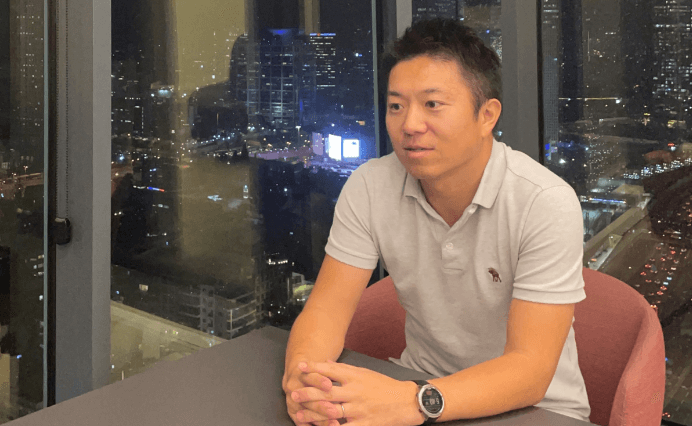
A huge startup ecosystem compressed into a tiny area
Since the company’s establishment, the IN Venture team has invested in eight startups to date, with one successful exit. These companies cover a wide range of industries and fields, from H2Pro, a company that has developed a revolutionary method of producing green hydrogen*, to Classiq, a company developing products that improve efficiency in the programming software that is used for quantum computing. The relatively small size of the country works in IN Venture’s favor. “We’ve known for at least 10 years that Israel is a great market that generates many game-changing, disruptive startups,” explains Naoya “Nick” Uchimura. “Imagine the U.S. ecosystem shrunk down to the size of Shikoku in Japan. That’s what the Israeli startup ecosystem is like. You see many high-quality startups in a very small space.” In a country with a huge startup ecosystem such as the U.S., they would simply not have the coverage to access all the potential deals. In comparison, in Israel, the concentrated nature of the ecosystem is a boon.
* Green hydrogen: Hydrogen generated entirely using renewable energy
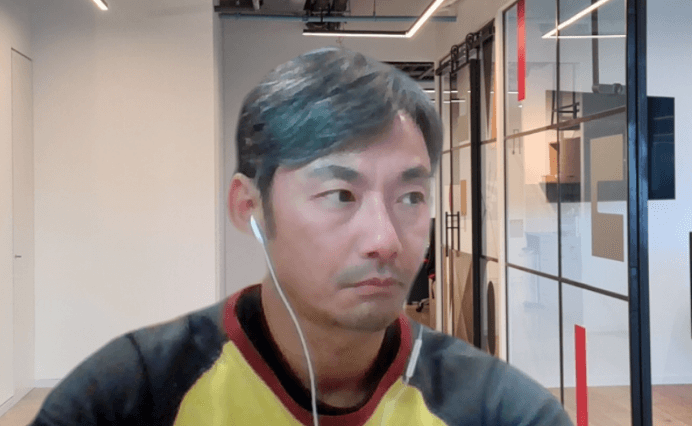
Plans for the future: Higher, Faster, Stronger
Moving forward, IN Venture has plans to expand and accelerate its business even further. By building on an already strong foundation, the team are hoping to aim higher, move faster, and go stronger to achieve even better results. “It’s a very competitive market, and nobody is going to stop and wait for us,” says Eitan. “Plus, in the VC world, size matters. Even if you’re doing a great job, if you’re a small fund, you play a small game. So our plans are to get larger and larger, to become more significant in the local market, and to contribute to generating more value for the SC Group.”
-

IN Venture team
Eitan Naor
“I have a message for the younger generation. You are the future, and I can see a lot of similarities between young SC employees and the entrepreneurs in Israel. So I’d like to encourage you to engage with them, because I think that both sides would get a lot out of it.”
-
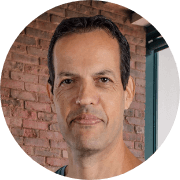
IN Venture team
Eyal Rosner
“We believe that in many ways Israel and Japan complement each other. This is an opportunity for both sides to help explore the enormous value that a collaboration could generate.”
-

IN Venture team
Naoya “Nick” Uchimura
“Israel is a very exciting place. They say that seeing is believing, so please come over and see for yourself. We look forward to hosting you.”
-

IN Venture team
Hiroyuki “Roy” Takata
“Israel is very attractive in terms of business, but it also has a lot of other wonderful things like world heritage sites, historical places, beautiful scenery, and fine wine. It’s a country that you should visit at least once in your lifetime.”
Some of IN Venture’s investees
H2Pro
H2Pro was founded in 2019 by leading hydrogen experts from the Technion - Israel Institute of Technology. Today, hydrogen has many applications in industry, and more than 70 million tons are consumed every year. However, the vast majority of it is produced via fossil-fuel intensive processes that release massive amounts of CO2 into the atmosphere. To solve this problem, H2Pro has developed the E-TAC (electrochemical-thermally activated chemical) method, a revolutionary CO2-free method for splitting water that is over 95% efficient, safe, and cost-competitive compared to fossil fuel methods. Accelerating its efforts to grow and develop a hydrogen energy economy through investment, SC is upgrading its existing businesses and creating new ones.
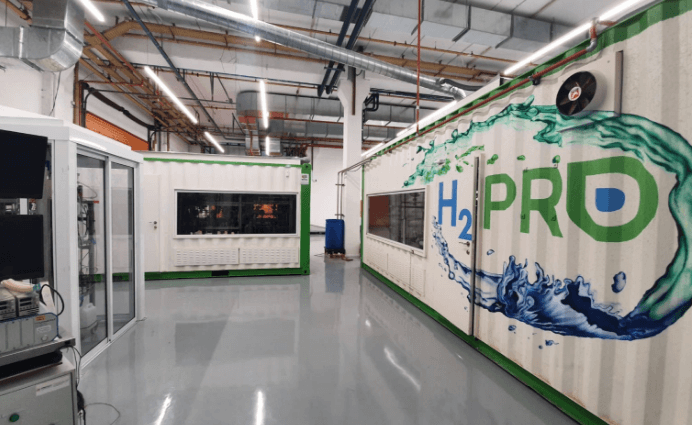
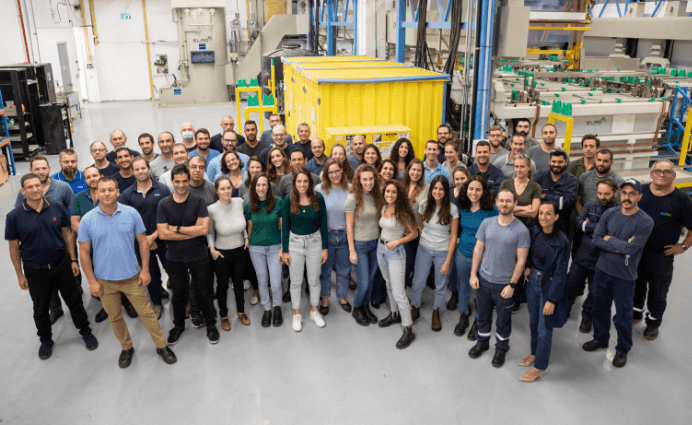
Classiq
Quantum computing is expected to create new business opportunities in many fields. However, to use a quantum computer to solve real-world problems, you first need to generate a sequence of quantum circuits, a task that is impossible for humans to perform manually. As such, Classiq is developing the technology to automatically generate quantum circuits from standard programming languages. This is an essential step to make quantum computing more accessible.

